NTL Specialty Associations
Specialty Associations by The National Trial Lawyers afford even the most seasoned trial attorney valuable business and networking opportunities through participation in meetings, seminars, legal publications, and other relevant membership services. The National Trial Lawyers is dedicated to being a primary legal resource for members throughout the nation. We provide our members with helpful information and various means of personal and professional growth. Our distinguished members are exposed to a vibrant network of attorneys and vendors from across the country, along with a wealth of knowledge and experience that you won’t be able to find in any other organization.
The community within Specialty Associations by The National Trial Lawyers is tight-knit and incredibly desirable. These associations are a direct reflection of our members, and Specialty Associations by The National Trial Lawyers is proud to represent an exceptional community of legal experts. If you have received an invitation, we strongly encourage you to contact us today and join this prestigious group of outstanding lawyers.









